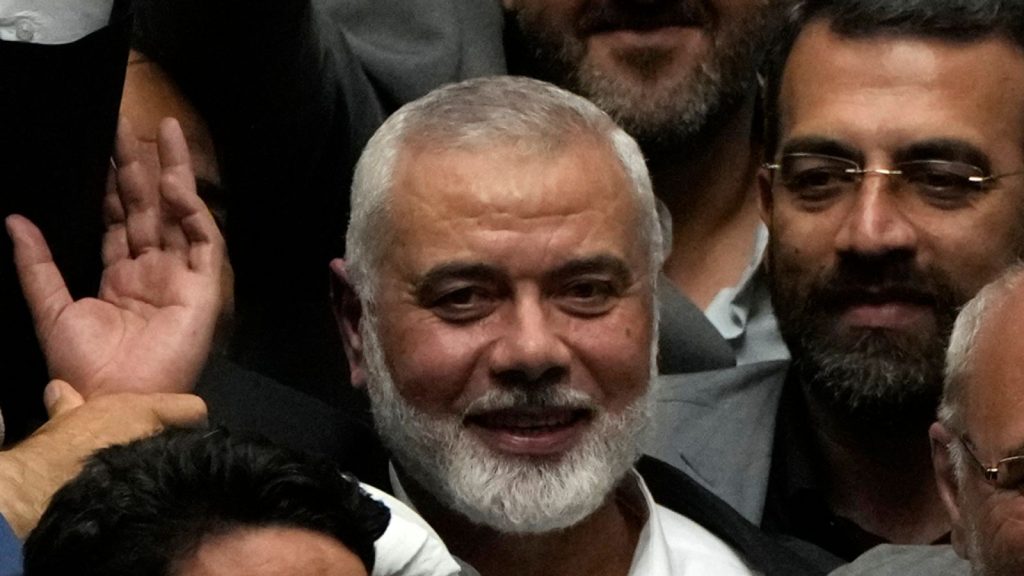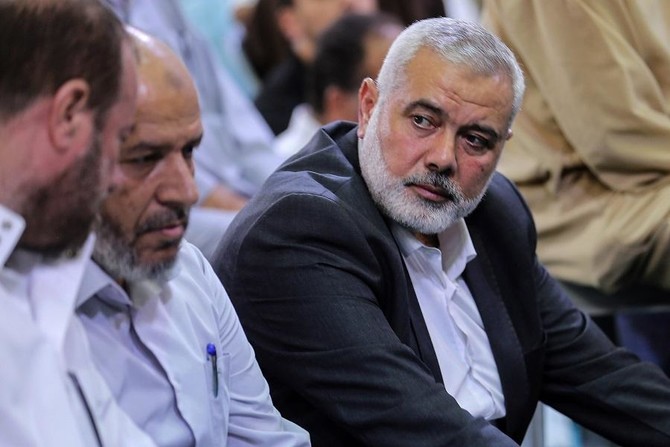The recent death of Hamas chief, Ismail Haniyeh in Iran’s capital has shocked the world. Haniyeh was a prominent leader in Hamas, which governs the Gaza Strip and is known for its militant activities. His death raises many questions about the future of Hamas and its broader impact on the region. People are also concerned about the increase in violence across the region.
The Incident and Immediate Reactions
According to the reports, it was a planned target operation that led to his murder. The details of the incidents are still not available, but the impact is huge. This incident has increased tensions in an already unstable region, which is prone to volatile incidents. Iran is a known supporter of Hamas and is likely to react strongly, which could lead to a change in its strategies and alliances.
Immediately after the news broke, there were strong reactions from various political and militant groups. Hamas has vowed to retaliate, alarming many in the international community. This incident could further escalate the ongoing conflict between Hamas and Israel, affecting other countries in the region as well.
Implications for Hamas After Death Of Ismail Haniyeh
Haniyeh’s death leaves a big void in Hamas leadership. He played a crucial role in planning and leading its operations as the organization’s chief. His absence will absolutely affect the group’s dynamics and activities. There are questions about who will take over his place and whether this will lead to internal conflict within Hamas.
The loss of such a prominent leader could also impact Hamas’s relationships with other militant groups and state supporters like Iran. Ismail Haniyeh was responsible for maintaining these ties, and his death might weaken them temporarily as the group reorganizes.
Geopolitical Impact
The killing of Haniyeh in Tehran had a major geopolitical impact. It highlights the secret operations and proxy battles in the region. Iran’s response to this event will be critical. They may seek to avenge Haniyeh’s death, targeting those they hold responsible, which could increase regional instability and lead to intense situations.
For Israel, this is likely seen as a victory. However, it also brings the risk of retaliation from Hamas and its allies. The cycle of violence in the region could intensify, leading to more casualties and suffering for civilians.
The broader Middle Eastern landscape could also observe shifts in alliances. Countries allied with Iran may feel compelled to show their support, while nations opposed to Iran might view this as a strategic advantage, possibly encouraging more aggressive stances toward Iranian interests.
International Reactions to the Death Of Ismail Haniyeh

International reactions to Haniyeh’s death have been mixed. Some countries have condemned the killing, while others have remained silent. The United States, which considers Hamas a terrorist organization, has likely taken a cautious stance, weighing the potential outcomes of this incident.
European nations are also closely observing the incident. Ismail Haniyeh’s death could impact international diplomatic efforts aimed at achieving peace in the Middle East. It underscores the challenges faced by diplomats in navigating the complex alliances and rivalries in the region.
Media and Public Perception
The media is playing an important role in shaping public perception of Haniyeh’s death. News outlets worldwide are reporting on the incident, each with its perspective and potential biases for different regions. This coverage influences how the global audience perceives the event and its impacts. In the age of social media, information, as well as misinformation, spreads rapidly, shaping public opinion and policy responses.
Public perception in the United States and other Western countries may be more significant. These nations often play a major role in international diplomatic and military actions. The perspective of their citizens and leaders on the death of Ismail Haniyeh could influence future policies and interventions in the Middle East.
The death of Hamas Chief Ismail Haniyeh in Iran’s capital is a significant event. It had a huge impact on the internal dynamics of Hamas, regional geopolitical strategies, and international diplomatic efforts. As the situation develops, it will be crucial to monitor the responses of prominent figures and the potential for more tension in the Middle East. This incident has once again reminded the fragile and volatile nature of Hamas and its political landscape.
Ismail Haniyeh’s death is more than just the loss of a leader; it is a critical juncture that could redefine alliances, strategies, and the future of many in the Middle East. The world watches as the repercussions unfold, hoping for stability but bracing for potential turbulence.





